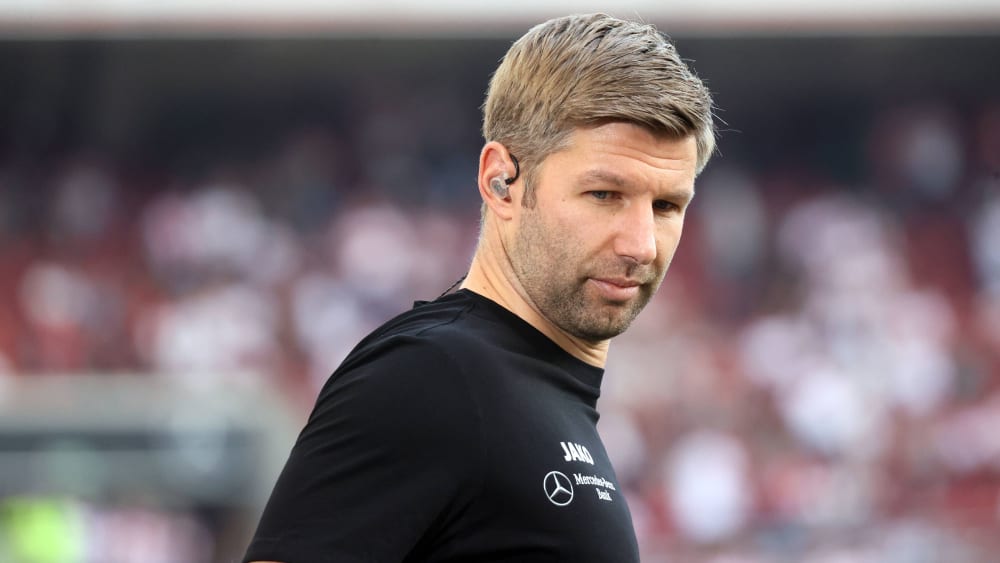Will the 2022 World Cup transform Qatar into a more open country? In principle, the debate has revolved around this very question since the scandal-ridden 2010 award by the FIFA Executive Committee. Thomas Hitzlsperger does not believe it will be sustainable.
The CEO of VfB Stuttgart, who broke a spiral of silence in German men’s football in 2014 when he came out and thus sent an important social signal, understands the approach that certain things can be pushed by the focus of world public opinion: “You try to use it to try the old diplomatic idea of change through rapprochement.”
The big but follows: “My hope for improvement is limited. It will not be difficult for FIFA to show pictures for four weeks that give the impression of progress without anything fundamentally changing in the country in the coming years. But I don’t believe in a sustainable improvement through a World Cup alone. Russia didn’t become more democratic and liberal after the last World Cup either.” The 39-year-old would prefer honesty, “if we were to say in no uncertain terms: the Arab world is an important market with potent sponsors, they have submitted a top bid, so we will play there.
Homosexuality is forbidden in Qatar, but the organising committee declared about a year ago that it would allow the rainbow flag to be flown in the stadiums. Hitzlsperger thinks: “That is definitely welcome, because symbols like that always trigger discussions. If the World Cup takes place in Qatar, then FIFA has to face up to these discussions. And so must the state of Qatar.” The emirate is also sharply criticised for inhumane conditions for guest workers, and in 2020 Qatar ranked 135th out of 153 countries worldwide in the World Economic Forum’s Women’s Equality Index.





